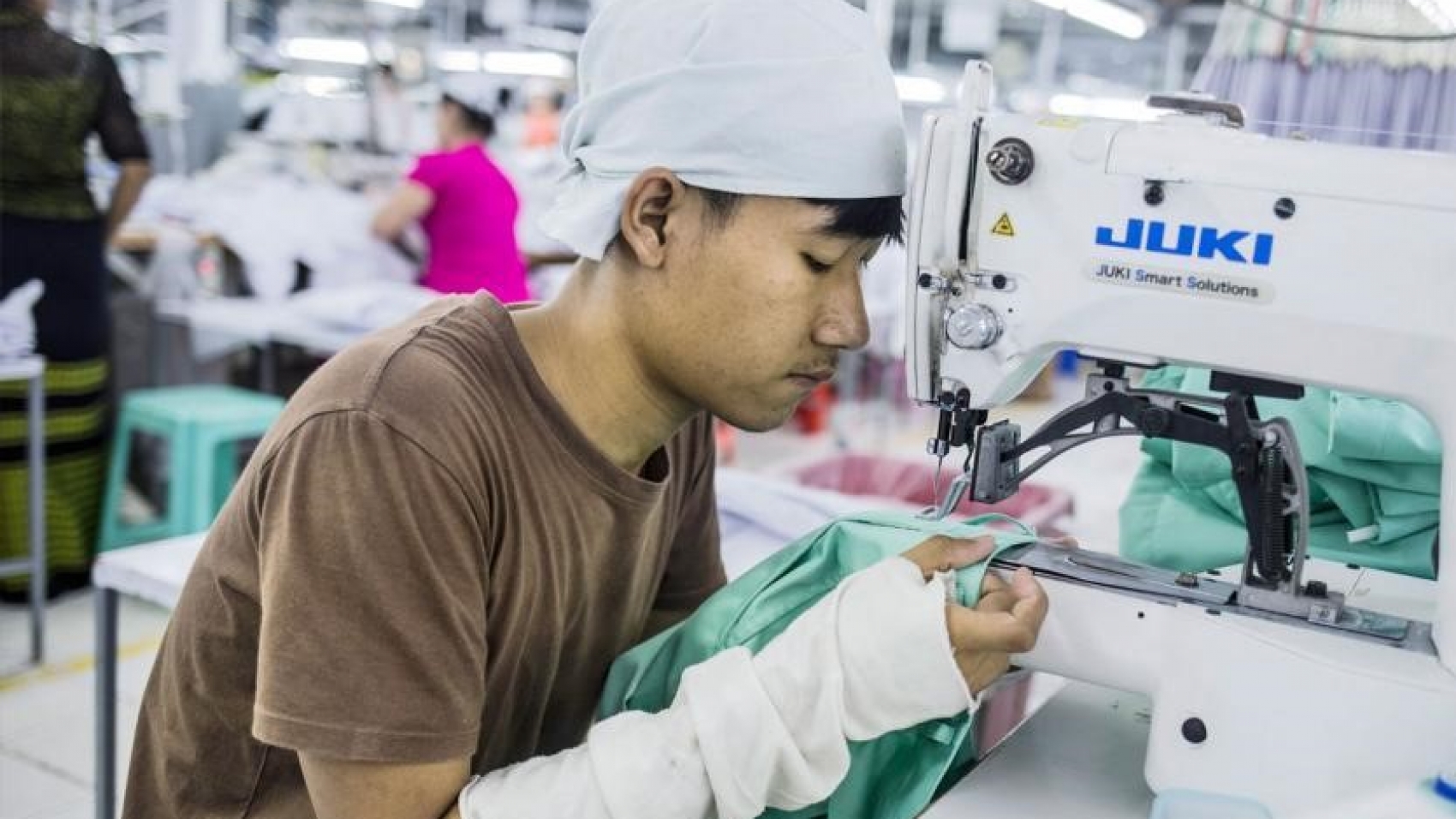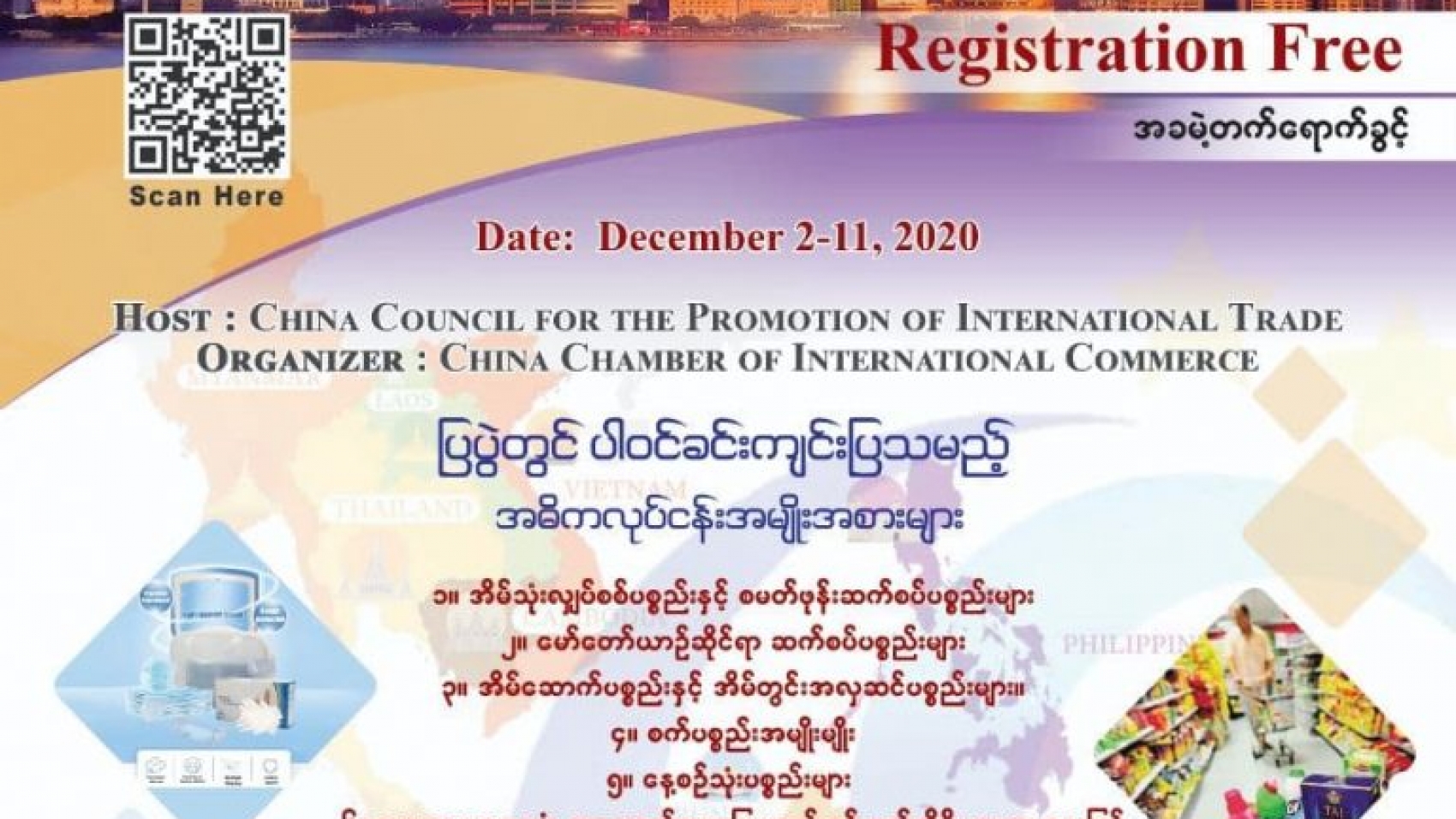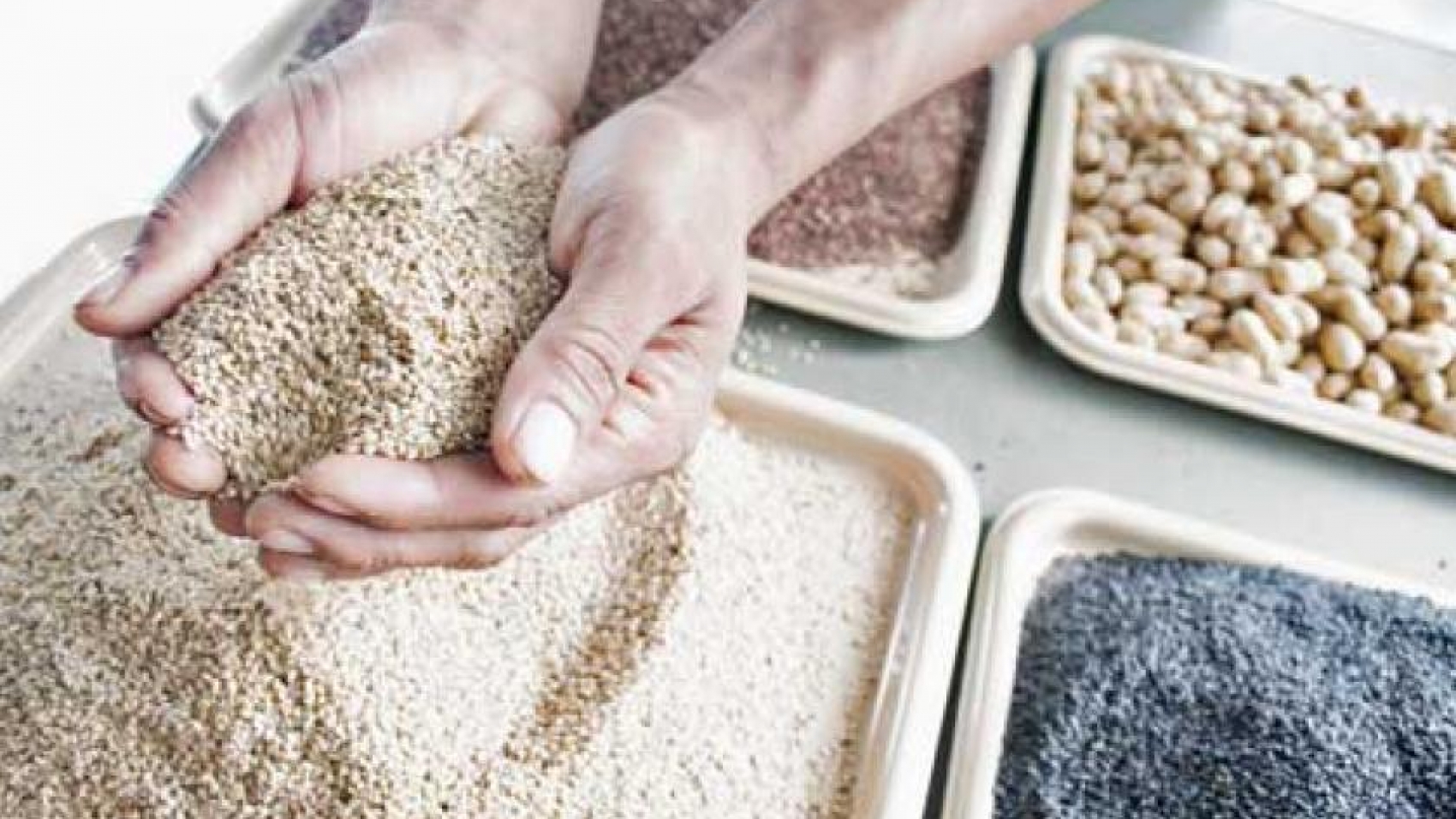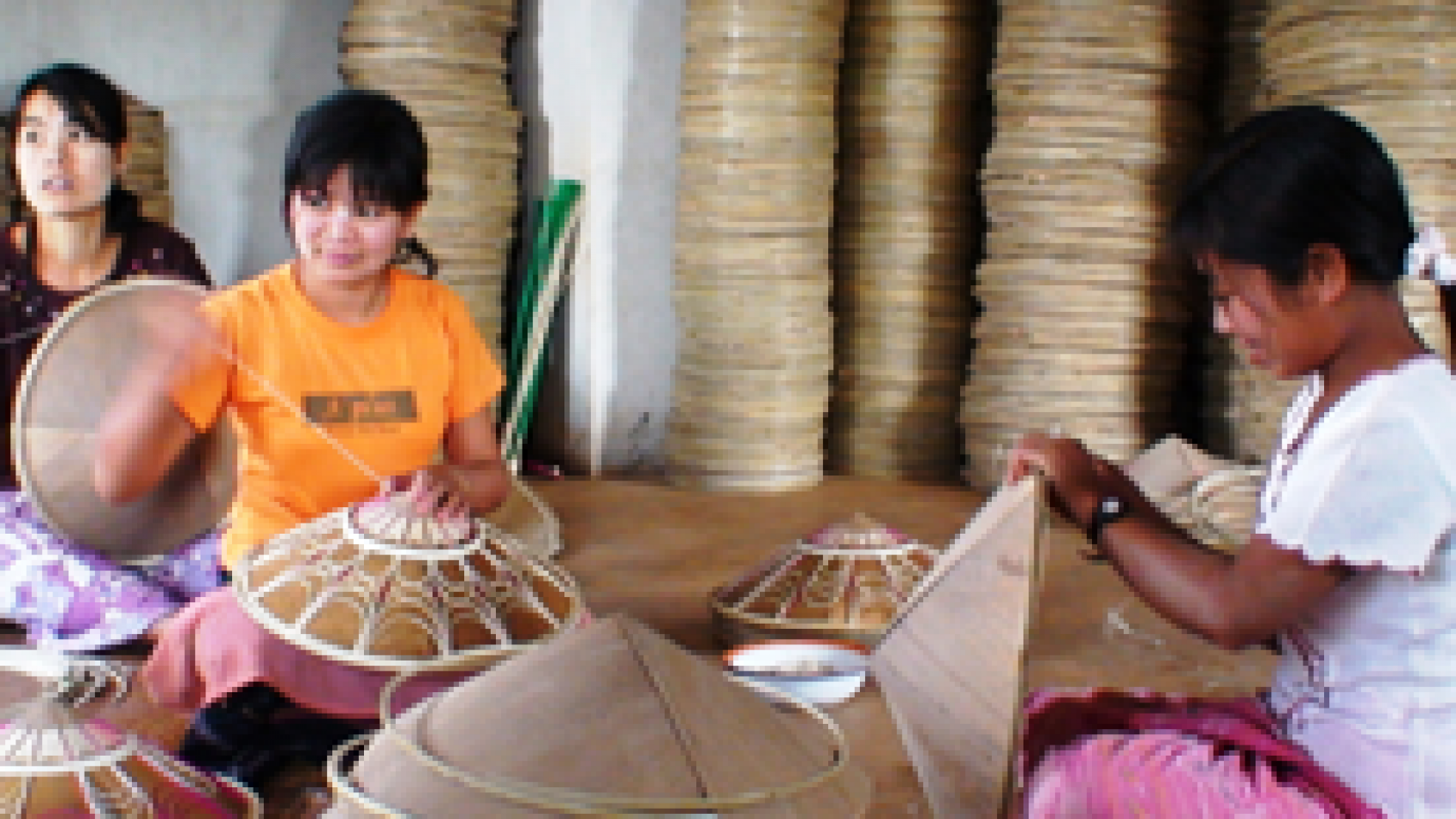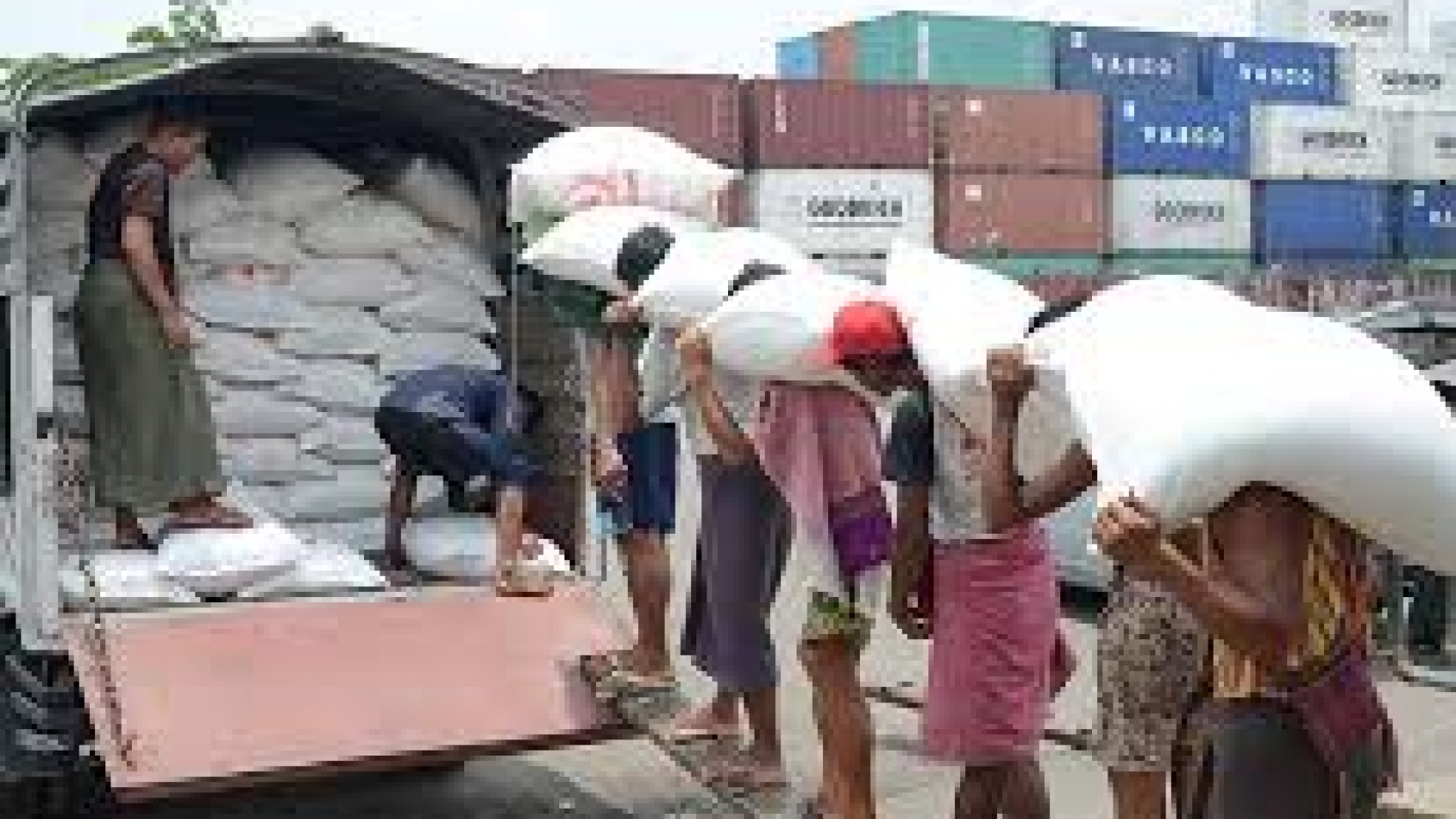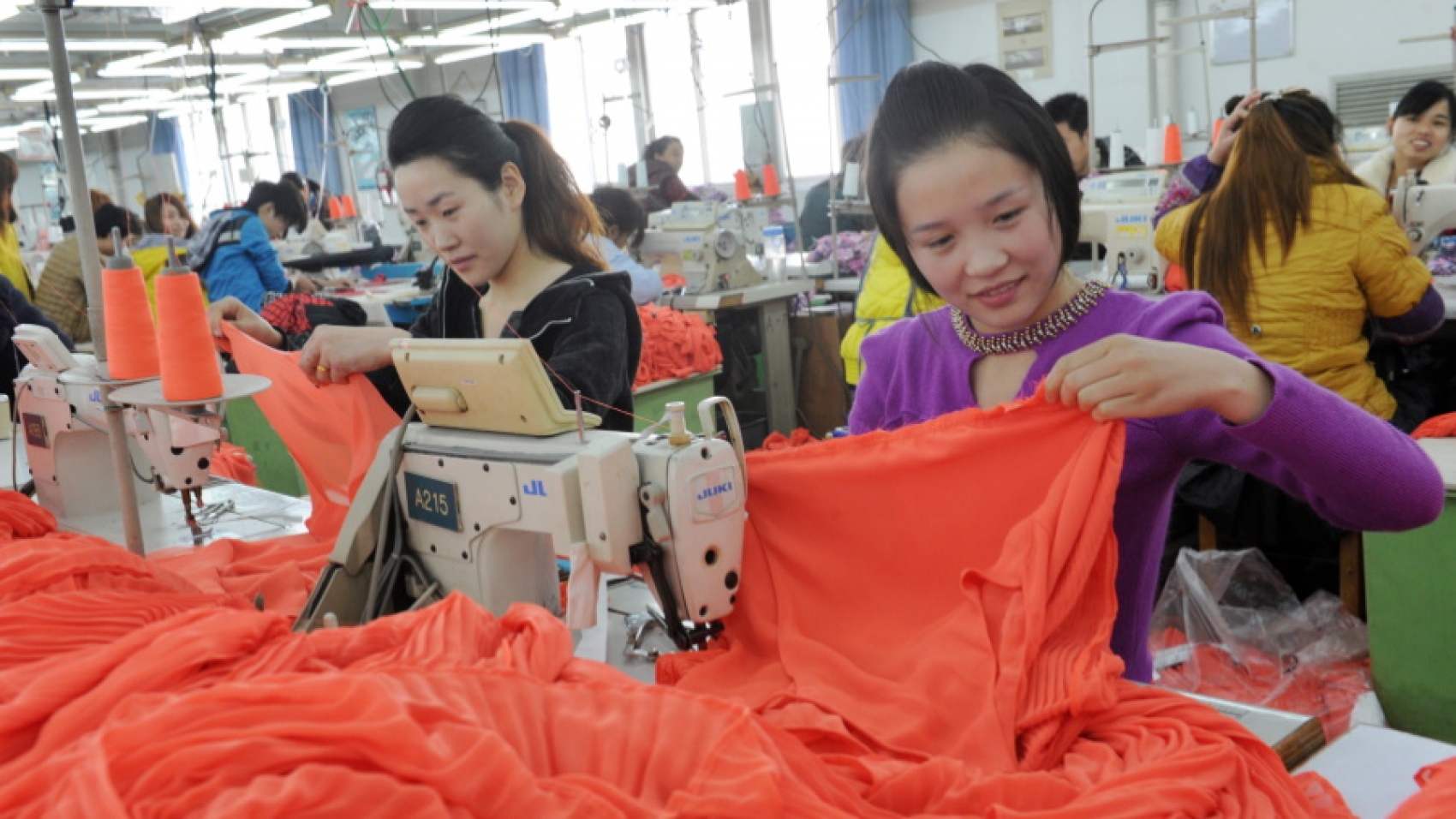The newly formed ASEAN- led global trading bloc, Regional Comprehensive Economic Partnership (RCEP), could boost the Myanmar manufacturing sector, according to the research and advisory firm Oxford Business Group. Myanmar could capitalize on the 15- country trade bloc, the biggest in the world, to grow its manufacturing base, the research group said. Peter Crowhurst, the chief executive officer of the British Chamber of Commerce Myanmar, told OBG that “local, regional and indeed global manufacturers who wants to be active in the ASEAN market place are taking advantage of the opportunities in Myanmar”. The Myanmar economy is very young, it is agriculturally based and overall manufacturing is in its infancy.
Crowhurst noted that Myanmar has a lower cost base, a growing infrasture and a receptive government that is seeking to strengthen and diversity its economy. The fresh overwhelming mandate the ruling National League for Democracy received during the November 8 polls would give impetus for more reforms that would enable the country to take advantages of the RCEP. With the new government under the direction of Daw Aung San Suu Kyi, now is the time to build and strengthen capabilities of the respective ministries to support the effective and balances implementation of RCEP. During the last five years, international business invested over US$6 billion in 711 manufacturing businesses in Myanmar.
Similarly during those five years, firms mostly from Japan and Singapore invested US$1.1 billion in 50 businesses in Myanmar special economic zones. Manufacturing sector attracted the most foreign investments during the from 2016 to 2020 with $7.4 billion according to Directorate of Investment and Company Administration. The RCEP was signed on November 15 on the sidelines of the ASEAN summit. The signatories are the 10-country ASEAN, China, Japan, South Korea, Australia and New Zealand. The new trading bloc represents around 30 percent of the world’s population, 30pc of global gross domestic product and about 28pc of the international trade. ASEAN groups Brunei, Cambodia, Indonesia, Laos, Malaysia, Myanmar, Philippines, Singapore, Thailand and Vietnam.
Source: Myanmar Times

